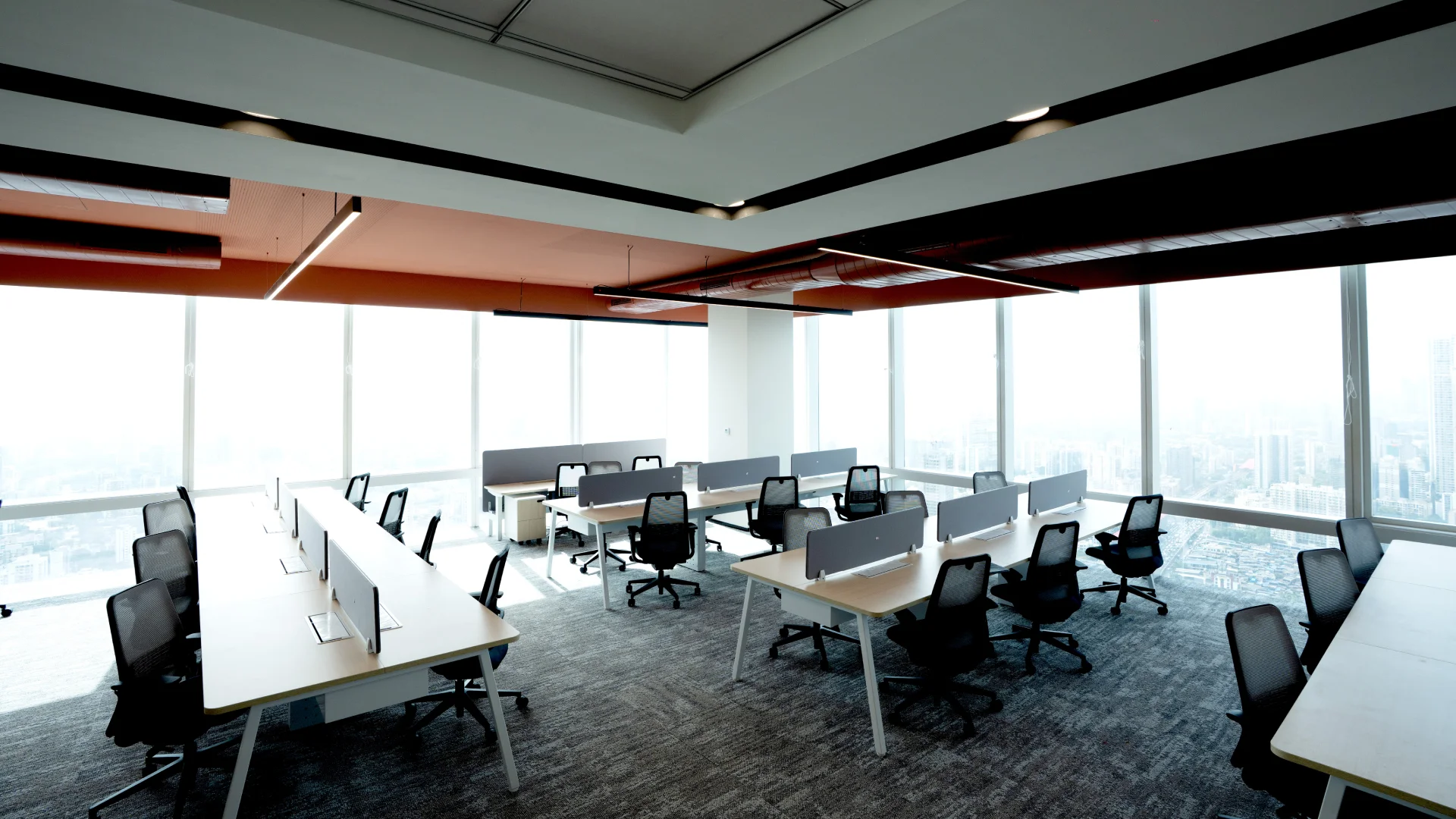Leasing of office space for Global Capability Centres (GCCs) rose by 24% in FY 2025, reaching 31.8 million sq ft across seven major Indian cities. Leasing of office space for Global Capability Centres (GCCs) rose by 24% in FY 2025, reaching 31.8 million sq ft across seven major Indian cities, according to a report by real estate consultancy Vestian.
Bengaluru emerged as the top performer, with GCCs accounting for 65% of the city’s total office absorption, the highest among the top seven cities. This marks a significant jump from 55% in the previous fiscal, reaffirming Bengaluru’s position as the leading hub for GCCs in India.
The report noted that the IT-ITeS sector continued to dominate GCC leasing, accounting for a 46% share in FY 2025, although this was down from 53% a year earlier. Meanwhile, the BFSI (Banking, Financial Services, and Insurance) sector saw its share surge to 22% from 14% in the previous year.
Of the total 31.8 million sq ft leased by GCCs last fiscal, Fortune 500 companies accounted for 13.5 million sq ft, an increase of 25% from 10.9 million sq ft in FY 2024. Notably, Fortune 500 firms contributed to 47% of all GCC leasing in FY 2025, further underscoring the growing appeal of India, particularly Bengaluru, as a global GCC destination.
In Pune, IT-ITeS sector accounted for 61% of the total number of GCCs in the city, the highest among other sectors. It is followed by BFSI at 16%, engineering and manufacturing at 7%, automobile at 5%, and healthcare and life sciences at 3%, it noted.
IT-ITeS sector dominated GCC absorption with 54% share in FY 2025 in Chennai but the share declined from 61% a year earlier. Despite accounting for only 8% of the total number of GCCs in the city, the share of healthcare and life sciences in absorption increased from 4% to 14% during the same period, it noted.
In Mumbai, the city’s overall absorption increased by 52% in FY 2025 over the previous year. The uptick was primarily driven by the growth in the GCC landscape as the share of GCCs in the city’s total absorption increased from 15% to 26% during the same period, it said.
The share of Fortune 500 companies in the overall area absorbed by GCCs rose to 50% in FY 2025 in the NCR from 40% a year ago. These companies leased larger office spaces in the region, which can be substantiated by the fact that the area transacted under large-sized deals increased drastically by 142% in FY 2025, it said.
In Hyderabad, GCCs accounted for 46% of the city’s overall absorption in FY 2025, the second-highest contribution among the top seven cities. However, the area absorbed under the large-sized deals decreased by 5% in FY 2025 over the previous year, indicating a cautious approach by GCCs in the city while leasing larger office spaces.
“GCCs contribute significantly to the office market in India, accounting for over 40% of the absorption recorded in the past two years. This share is expected to grow even further fueled by the expansion of large conglomerates from various industries such as IT-ITeS, BFSI, healthcare and lifesciences, engineering and manufacturing, and consulting services,” said Shrinivas Rao, FRICS, CEO, Vestian.
IT-ITeS sector continued to dominate GCC absorption with 46% share in FY 2025
The IT-ITeS sector continued to dominate GCC absorption with 46% share in FY 2025; however, the share contracted from 53% over the previous year. On the other hand, the share of the BFSI sector surged to 22% in FY 2025 from 14% a year earlier.
Similarly, the share of healthcare and life sciences sectors also witnessed an increase from 5% to 8% during the same period, showcasing the growing diversification in the GCC landscape. While the share of engineering and manufacturing dropped from 9% to 4%, the share of consulting services remained largely stable at 6% in FY 2025, it noted.
Karan Chopra, chairman and co-CEO, Table Space said “The demand from GCCs for Grade A office spaces in India remains strong. Within this segment, we are seeing a distinct preference for managed workspace solutions. This trend is clearly reflected in the growing adoption of Table Space’s managed office offerings.”

